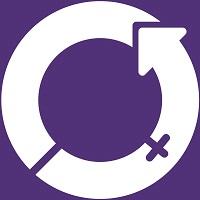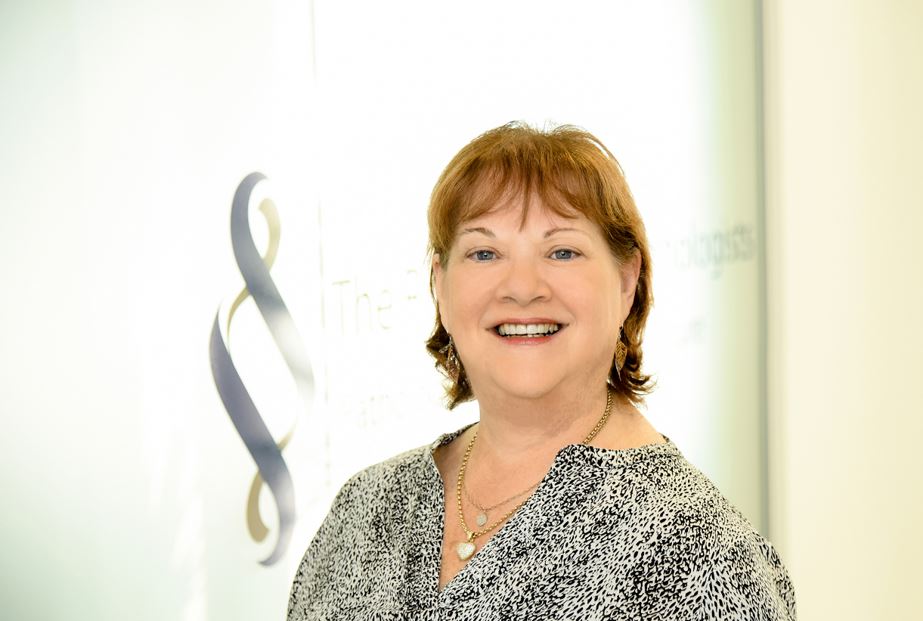
Professor Shelley Heard is the immediate past Vice President for Learning of the College, having also previously been the Director of Training and Assessment. Shelley was born in the USA and came to the UK initially to undertake an MSc and then a PhD in the History of Political Thought at the London School of Economics.
She decided to change her career path and undertook A levels followed by medical degree at St Bartholomew’s Hospital Medical School. She subsequently became a Medical Microbiologist, but it wasn’t long before she took on a role in the London Postgraduate Deanery as a Postgraduate Dean.
However, Shelley didn’t stop there. She continued to move on in her career, taking on a national role in Modernising Medical Careers (including authoring the first edition of the ‘Gold Guide’) and in the development of Higher Specialist Scientist Training (HSST) for healthcare scientists.
The theme of International Women’s Day this year is ‘break the bias’, as we look towards a world free of bias, stereotypes, and discrimination and where diversity, equity and inclusively are championed while valuing and celebrating difference.

What challenges did you face coming to the UK from the USA to undertake postgraduate training and then subsequently a medical degree and how did you approach them?
The biggest challenges were cultural differences – not just because the Brits said ‘tomahto” while I said tomato’, but because the people I met were far more reserved and contained than American university students. I lived in a hall of residence in Euston where the clothes cupboards were in the corridor. My next-door neighbour didn’t talk to me for weeks and had it not been for someone passing my open door and inviting me to come down for lunch I might have never eaten! But eventually I began to make friends and settle in. When I decided to switch into medicine, I first had to do A-levels (Physics, Chemistry and Biology) and then apply to medical school. It was quite a process to persuade a medical school to take me on, but eventually St Bartholomew’s Hospital Medical School did and so I started. But in the spring of my first year, I discovered I was pregnant! I managed to complete my second year without taking any time off because of a wonderful husband and terrific new baby!!
You decided to train as a medical microbiologist after you completed your medical degree. What was your experience of postgraduate training, and did you encounter any bias or discrimination?
I had a great time during my postgraduate training, first as an SHO in pathology where I was able to explore a range of pathology specialties and then choosing to specialise in medical microbiology. I subsequently obtained a senior registrar position at Great Ormond Street Hospital in the medical microbiology department and started studying for the FRCPath. Concurrently, I undertook the MSc in Medical Microbiology at the London Hospital. I had a fantastically supportive consultant but with a young baby and getting stuck into busy clinical work, life was full and challenging! And to cap it off, we decided to have another baby so that we had 2 babies under the age of 18 months!! In order to take some “time off” I undertook a BSc in Biochemistry during my second pregnancy and managed to do my final exams for it a week before I went into labour. I only experienced tremendous support and friendship from my colleagues and trainers throughout the whole of this period and certainly never experience any bias or discrimination during this time.
Quite quickly after becoming a consultant medical microbiologist, you took on a role with the London Deanery; focussing on the education and training of postgraduate trainees. Can you reflect on that period and any changes in the support of or attitude towards female trainees during that time?
The London Deanery was very proactive in supporting women in their medical training. It was fully supportive of 'flexible training' as part-time training came to be called, including supporting women to take undertake flexible academic training and higher degrees.
Towards the end of your career, you took on national roles in both postgraduate medical and scientist training. Looking back, how do you think things have changed for the better for female doctors and scientists and what more needs to be done to break the bias?
Currently, 53% of the medical workforce are male and 47% are female. When I started my medical training, 15% of my medical class were women. Clearly over the last 45 years, much has changed, with an increasing proportion of women entering medical school, undertaking specialist training and entering the consultant/GP workforce. Training of medical students now includes formal training in equality and diversity. I think that there is a much greater understanding and transparency of these issues to the benefit of the NHS.
What have you enjoyed the most about your career and what advice would you give to young women who are interested in a career in pathology?
I thoroughly enjoyed my career in medical microbiology. It was a wonderful combination of scientific and clinical practice, where you can make a real difference to patients by ensuring that infection is treated early and appropriately. It is also a career which is family friendly, where on-call tends to be from home and with very supportive colleagues. There is no doubt that the FRCPath examination is challenging, but the College provides a great deal of encouragement through setting clear standards and publishing curricula. It is well worth the effort!!

